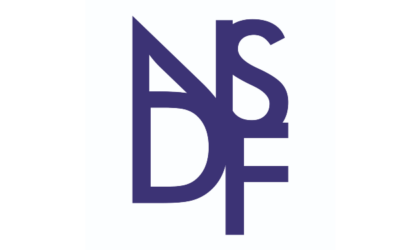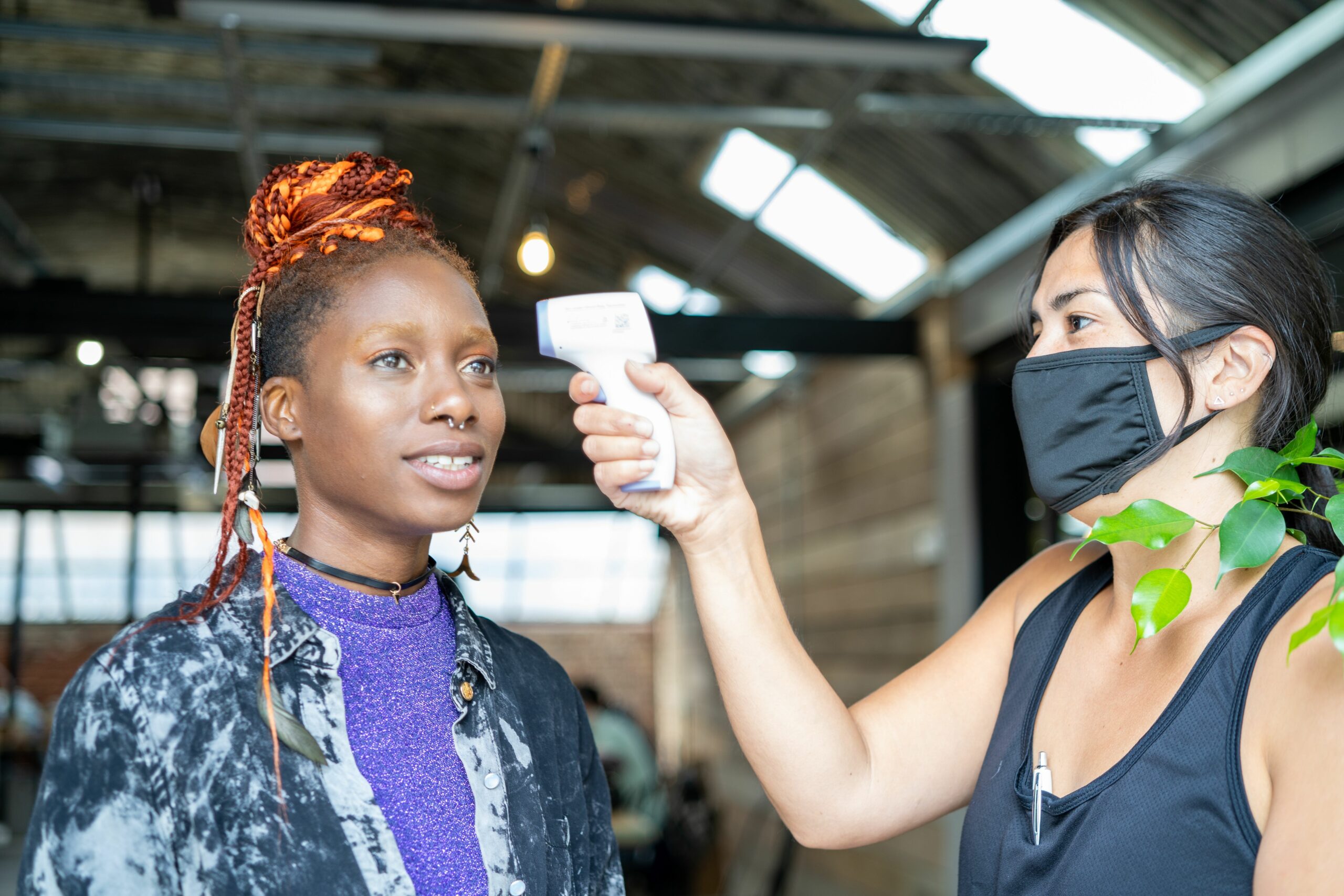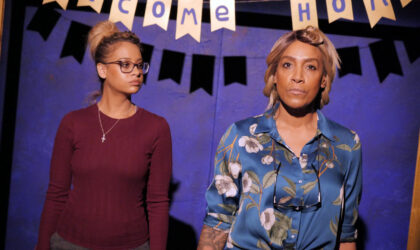
Beginner Read Case Studies Digital Strategy
National Student Drama Festival, winners of the 2022 Digital Culture Awards Digital Trailblazer category, tell us their winning story of expanding their reach with digital transformation.
In this article
Claire Coaché is the Artistic Director at Open Sky Theatre and responsible for deciding what work they make, which medium or combination of mediums they work in and then leading the creative process alongside creative partner and co-founder Lisle Turner. Claire talks us through Open Sky’s winning story.
Open Sky Theatre is a small, rurally based production company that creates original, high-quality work combining new writing with physical and digital theatre. We’re dedicated to creating new platforms for artistic voices that might otherwise go unheard and removing old social barriers that might prevent audiences engaging with theatre. We believe theatre creates empathy, reminds us that our differences need not divide us and reasserts that what we share is greater than what we do not. We believe theatre should be a two-way street. Some audiences are able to come to us and we welcome them at our live performances. For those who cannot come to us, we use digital technology to go to them, whoever and wherever they may be.

Image: Actor Michelle Tiwo + Production Manager Mina Nakamura onset for Microplays by Open Sky (c) Kie Cummings
Our winning project, MicroPlays, was a series of five short digital plays written by five great female writers. Kate Attwell wrote Stile, a breathless take on the wealth gap; Matilda Ibini wrote Head Over Wheels, a romantic comedy about dating as a disabled person; Iman Qureshi wrote The Ceremony, a searingly honest take on non-binary marriage with a twist; Tena Štivičić wrote The Importance of Being Honest, a darkly comedic take on culturalist discrimination in the workplace; and Emily White wrote Homework, a horrifically funny take on inter-generational discord caused by climate catastrophe. They were directed by Open Sky’s Lisle Turner and produced by Martina Klich of Wrapt Films who brought decades of combined experience to the process of filming the plays for digital distribution. MicroPlays was funded by Arts Council England National Lottery Funding, with financial support from Wrapt Films and The Elmley Foundation. We were supported by our regular producers, Turtle Key Arts.
We asked the writers to write about cultural polarisation, how some issues seem to be dividing society. We posited the question of “do our differences really have to divide us”? Otherwise, the writers were given free rein to write about issues that mattered to them. In so doing we had several key objectives:
We hoped to reach an audience of 100,000 people in 6-months. We actually reached an audience of 600,000+ in just 3 weeks including very high percentages of our target audiences.
Key to this success was:
As a production, we were 55% female, 39% male, 6% trans or non-binary, 7% disabled, 32% global majority, 25% LGBTQIA+, 40% rural and 36% from a socio-economically disadvantaged background. The benefits of being such a diverse team are self-evident but it also meant morale was high and that certainly helped our mutual commitment to delivering a quality project in the middle of a pandemic!
The long-term impact of the project has to be our adoption of digital as a fundamental part of our artistic process.
All of our work, including our current award-winning, feature-length digital theatre piece Cold, will now combine live performance and digital technology.
In terms of our rapidly advancing digital skillset, this means we are now seeking out new national and international partnerships so we can share that knowledge and continue to learn and grow.
By increasing our potential audience reach from a few thousand to millions we will be able to make more work, attract a higher calibre of collaborating artists, and share stories with people previously deprived of access to the arts, all over the world.
Watch all five MicroPlays via the website or directly on the YouTube playlist
Trailer for our latest project COLD
Visit our website: www.openskyahead.co.uk
Youtube: openskytheatre
Instagram: @openskyahead
Facebook: @openskyahead
Twitter: @openskyahead
The Digital Culture Network is here to support you and your organisation. Our Tech Champions can provide free 1-2-1 support to all arts and cultural organisations who are in receipt of, or eligible for, Arts Council England funding. If you need help or would like to chat with us about any of the advice we have covered above, please get in touch. Sign up for our newsletter below and follow us on Twitter @ace_dcn for the latest updates.
Beginner Read Case Studies Digital Strategy
National Student Drama Festival, winners of the 2022 Digital Culture Awards Digital Trailblazer category, tell us their winning story of expanding their reach with digital transformation.
Beginner Read Case Studies Digital Strategy Video and Digital Content
Opera North, winners of the 2022 Digital Culture Awards Income Generation category for their 'Couch to Chorus' project, take us on their award-winning journey.
Beginner Read Case Studies Digital Strategy
Winners of a Special Commendation for the impact of their digital content distribution strategy at the 2022 Digital Culture Awards, Open Clasp Theatre Company tell the story of their ‘Changing the World One Play at a Time’ project.
Beginner Read Email Marketing
Email marketing is a powerful tool when it comes to building relationships with your audience. Read on to find out more about what it can do for your organisation.
Beginner Read Box Office and Ticketing Customer Relationship Management CRM
Understanding your audience data can be your ticket to success. Read on to find out how to make the most of what your customers tell you.
Beginner Read Social Media
Social media is a unique and powerful way to help your organisation thrive and engage with your audience. Read on to find out more.




